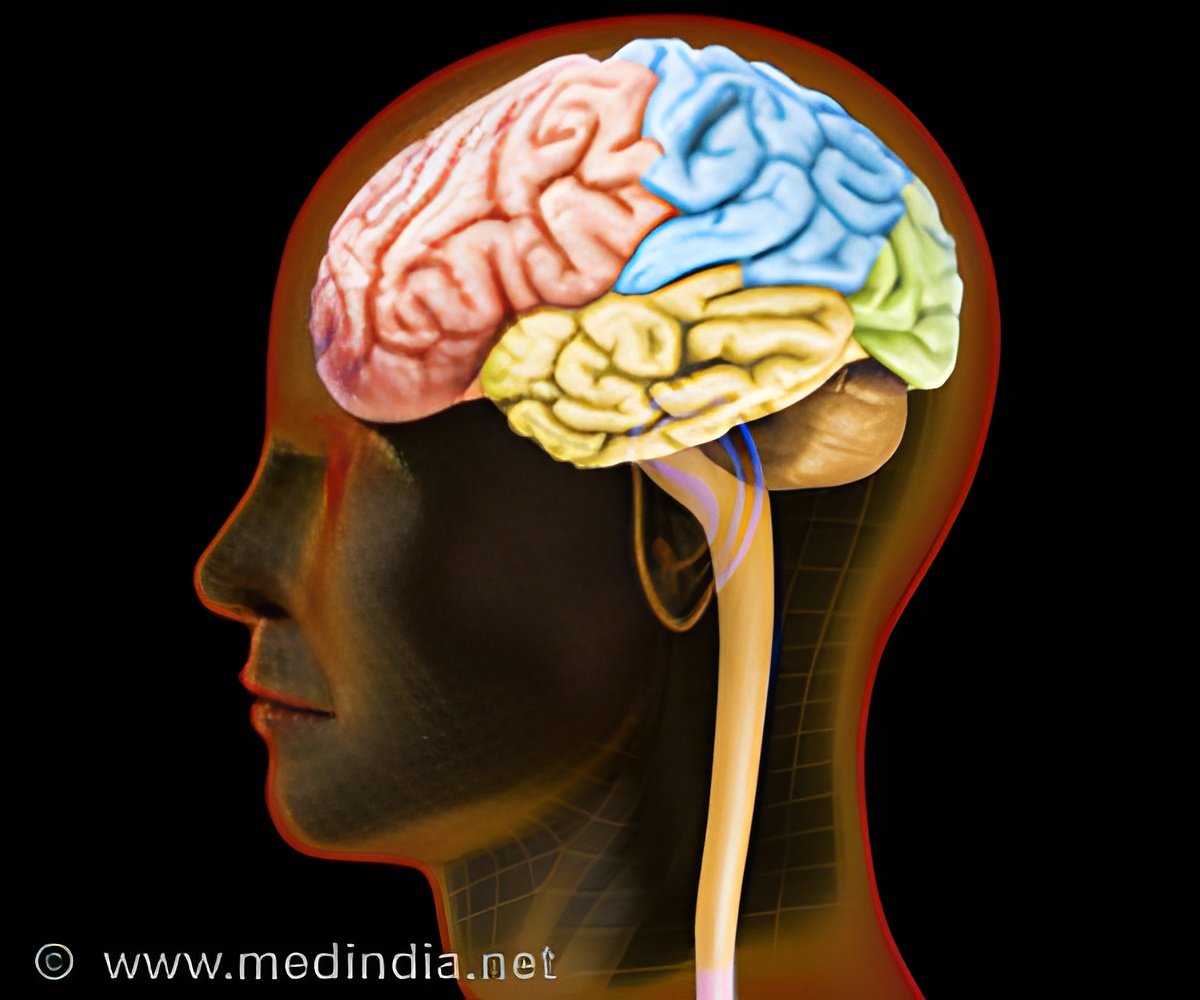
Their nerve cells lacked synaptic plasticity, i.e. the ability to form new synaptic contacts or give up old contacts based on the level of usage.
Pannexins traverse the cell membrane of vertebrate animals and form large pored channels. They are permeable for certain signalling molecules, such as the energy storage molecule ATP (adenosine triphosphate).
The best known representative is Pannexin1, which occurs in abundance in the brain and spinal cord and among others in the hippocampus - a brain structure that is critical for long-term memory.
Malfunctions of the pannexins play a role in the development of epilepsy and strokes.
The research team studied mice in which the gene for Pannexin1 was lacking.
Advertisement
Long-term potentiation usually occurs when new memory content is built - the contacts between nerve cells are strengthened; they communicate more effectively with each other.
Advertisement
"It looks at first glance like a gain in long-term memory", Prochnow said.
"But precise analysis shows that there was no more scope for upward development," Prochnow added.
Due to the lack of Pannexin1, the cell communication in general was increased to such an extent that a further increase through the learning of new knowledge was no longer possible. The synaptic plasticity was thus extremely restricted.
"The plasticity is essential for learning processes in the brain", Prochnow said.
"It helps you to organise, keep or even to forget contents in a positive sense, to gain room for new inputs," she said.
The findings are published in the journal in PLoS ONE.
Source-ANI













